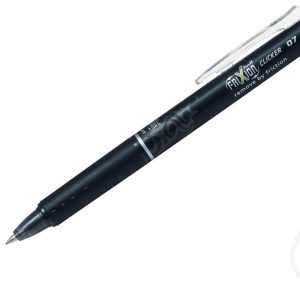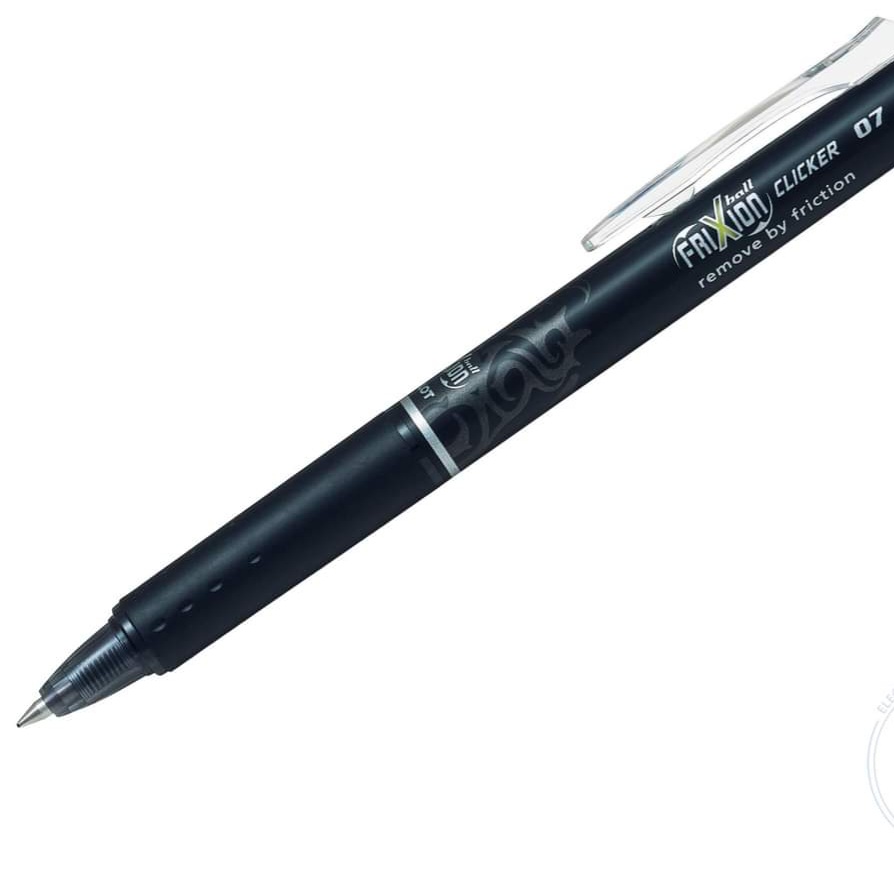English Grammar:
“Who” is a pronoun word which asks a question. It is used in referring to a person. It’s also a relative pronoun. It’s used when such a word is carrying out an action in a sentence. It also answers a question.
Examples: 1. Chika was the one who came here yesterday in the morning.
2. Who was that girl I saw yesterday in the morning?
Whom: This pronoun acts as an object, while “who” plays the role of subject in a sentence or spoken communication. Examples:
1. Chike is my boy in whom I am well pleased.
2. He’s the one whom the gods chose.
3. The man is a friend in whom I confide.
4. She’s the one whom the suitor has chosen.
5. Ken has reported the disobedience of the boy whom he brought to the city from village.
Whom is used is used on the person receiving such an action.
Whose:
This is a pronoun that is used to refer to a person something belongs to. It’s also a relative pronoun. Examples:
1. This is the man whose house went up in flames yesterday.
2. Who is that man whose vehicle got crashed on the road yesterday?
3. Ibe is the one whose tongue always wags.
4. Whose burial is taking place today?
5. One whose home is on fire doesn’t run after rats.
Which:
This is a pronoun that asks a question and also gives further information about an object, group or a condition. Examples:
1. Can you say which is which from all you have said?
2. Which way, Nigeria?
3. The tree which everyone knew had leaves at dry season has suddenly died in a time of rain.
That:
It is used in specifying an object or a person. It also asks a question preceded by what. Examples:
1. That which has no beginning cannot have an ending.
2. Come quick so that we can get there on time.
3. What’s that?
Who, whose, whom, that and which are all relative pronouns. They belong to one family.

